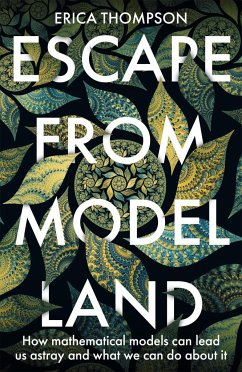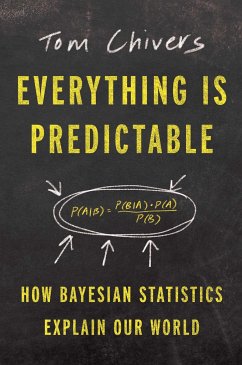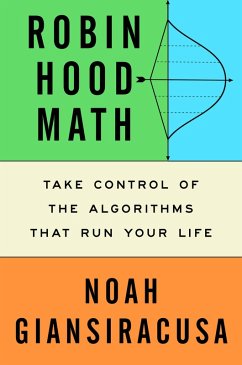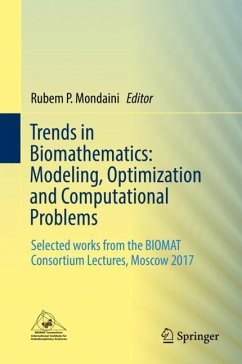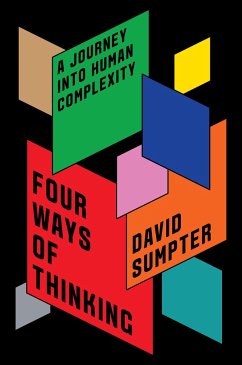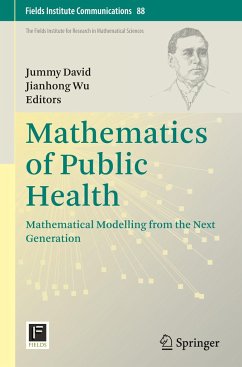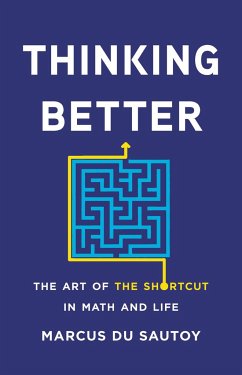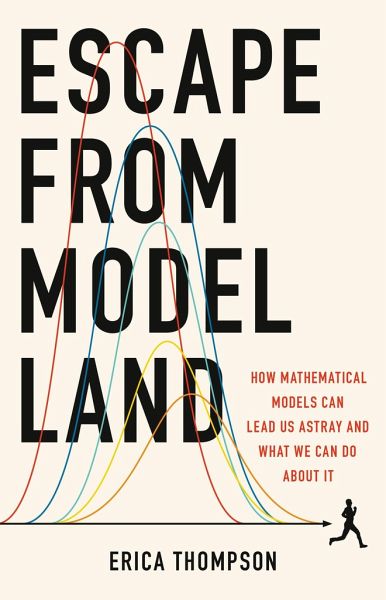
Escape from Model Land
How Mathematical Models Can Lead Us Astray and What We Can Do about It
Versandkostenfrei!
Versandfertig in über 4 Wochen
22,99 €
inkl. MwSt.
Weitere Ausgaben:

PAYBACK Punkte
11 °P sammeln!
"Whether we are worried about the spread of COVID-19 or making a corporate budget, we depend on mathematical models to help us understand the world around us every day. But models aren't a mirror of reality. In fact, they are fantasies, where everything works out perfectly, every time. And relying on them too heavily can hurt us. In Escape from Model Land, statistician Erica Thompson illuminates the hidden dangers of models. She demonstrates how models reflect the biases, perspectives, and expectations of their creators. Thompson shows us why understanding the limits of models is vital to usin...
"Whether we are worried about the spread of COVID-19 or making a corporate budget, we depend on mathematical models to help us understand the world around us every day. But models aren't a mirror of reality. In fact, they are fantasies, where everything works out perfectly, every time. And relying on them too heavily can hurt us. In Escape from Model Land, statistician Erica Thompson illuminates the hidden dangers of models. She demonstrates how models reflect the biases, perspectives, and expectations of their creators. Thompson shows us why understanding the limits of models is vital to using them well. A deeper meditation on the role of mathematics, this is an essential book for helping us avoid either confusing the map with the territory or throwing away the map completely, instead pointing to more nuanced ways to Escape from Model Land."--




